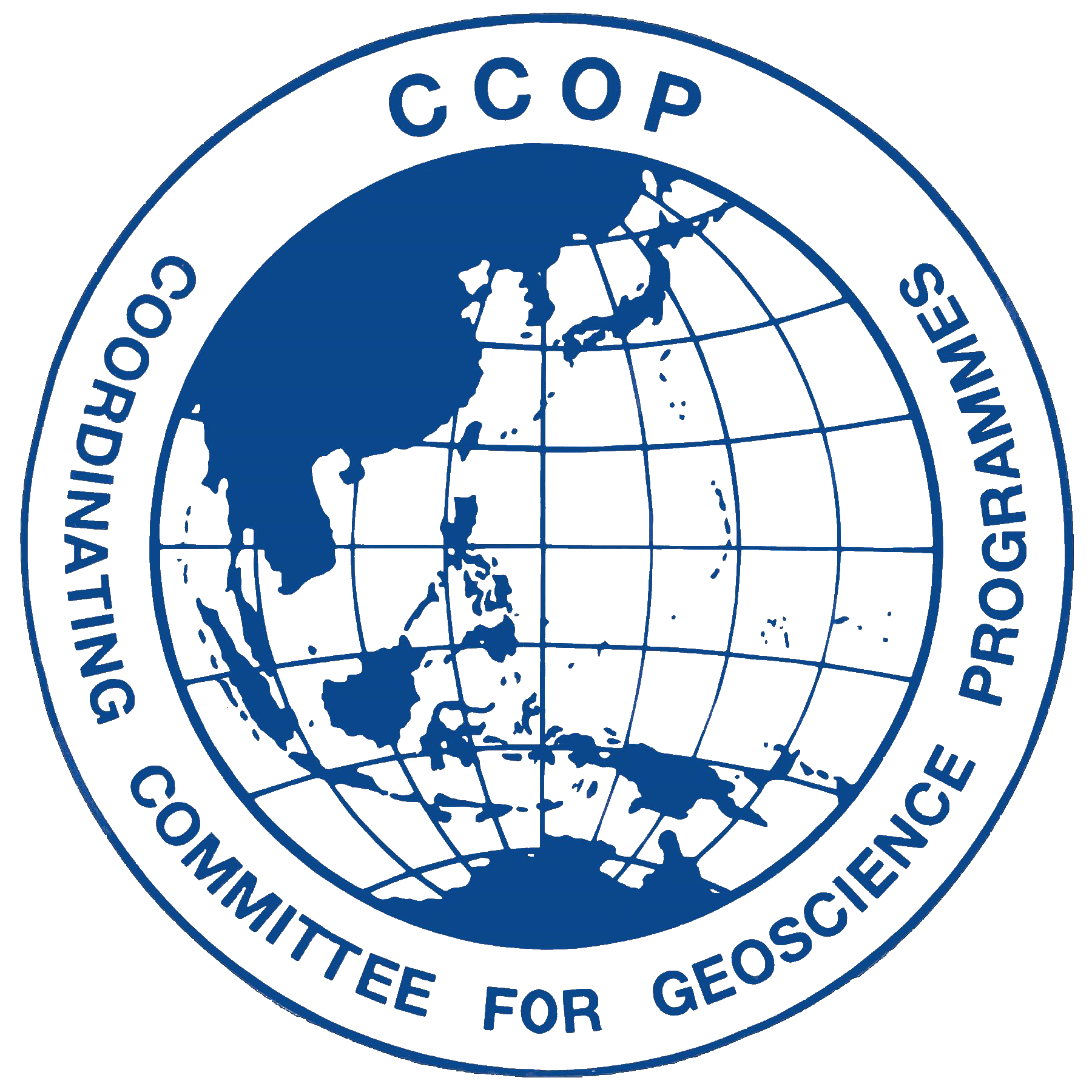The ‘new normal’ for geoscience in a post-COVID world: connecting informed people with the Earth
Keywords:
community education and outreach, earth system science, environment, geoscience, mapping, resourcesAbstract
We consider how our society can use data, information and knowledge of the Earth under a broad definition of geoscience to better connect with the Earth system. This is important in our changing world, in particular how geoscience contributes to our response to the societal impacts of the COVID-19 pandemic. Ultimately, informed decisions utilizing the best geoscience data and information provide key parts of our economic, environmental and cultural recovery from the pandemic. The connection to country and more widely connection to our planet and the greater Earth system that comes from personal experience has been especially challenged in 2020. Much of Australia’s population have been encouraged to stay in our homes, first because of major fires and more recently in response to isolation from the COVID-19 pandemic. Although domestic travel became increasingly allowable, international travel has been restricted for much longer. This has increased the importance of trusted data and information initially from domestic locations and for more extended time between countries that are now less accessible. We discuss ways that geoscience governs our discovery and use of minerals, energy and groundwater resources and builds resilience and adaptation to environmental and cultural change. A broad definition of geoscience also includes positioning and location data and information, such as through integrated digital mapping, satellite data and real-time precise positioning. Important here is sharing, with two-way exchange of data, information and knowledge about the Earth, through outreach in geoscience education programs and interactions with communities across Australia, into neighboring countries in Asia and the Pacific, and across the world. An aspiration is for geoscience to inform social license through evidence-based decisions, such as for land and marine access, for a strong economy, resilient society and sustainable environment. At Geoscience Australia, we have developed a ten years strategic plan (Strategy 2028) that guides us to be a trusted source of information on Australia’s geology and geography for government, industry and community decision making. This will contribute to a safer, more prosperous and well-informed Australia and its connection to neighbouring countries, such as in Asia, as well as people that are better connected to country and our planet.
References
Dutt, K. (2019). Race and racism in geosciences. Nature Geoscience, 13, 2-3. https://doi.org/10.1038/s41561- 019-0519-z
Handley, H.K., Hillman, J., Finch, M., Ubide, T., Kachovich, S., McLaren, S, Petts, A., Purandare, J., Foote, A. & Tiddy, C. (2020). In Australasia, gender is still on the agenda in geosciences. Advances in Geoscience, 53, 205-226. https://doi.org/10.5194/ adgeo-53-205-2020
Hanson, B., Woden, P. & Lerback, J. (2020). Age, gender and international author networks in the Earth and space sciences: implications for addressing implicit bias. Earth and Space Science, 7(5). https:// doi.org/10.1029/2019EA000930
Medin, D.L. & Lee, C.D. (2012, April). Diversity makes better science. Association for Psychological Science Observer, 25(5). Retrieved from https://www.psycho- -logicalscience.org/observer/diversity-makes-betterscience
Steffen, W., Richardson, K., Rockstrom, J., Schell nhuber, H.J., Dube, O.P., Dutreuil, S., Lenton, T.M. & Lubchenco, J. (2020). The emergence and evolution of Earth System Science. Nature Reviews Earth & Environment, 1, 54-63. https://doi.org/ 10.1038/s43017-019-0005-6
Stewart, I.S. & Lewis, D. (2017). Communicating con tested geoscience to the public: moving from ‘matters of fact’ to ‘matters of concern’, Earth Science Reviews, 174, 122-133. https://doi.org/10. 1016/j.earscirev.2017.09.003
Downloads
Published
How to Cite
License
Copyright (c) 2024 Thai Geoscience Journal

This work is licensed under a Creative Commons Attribution-NonCommercial-NoDerivatives 4.0 International License.







